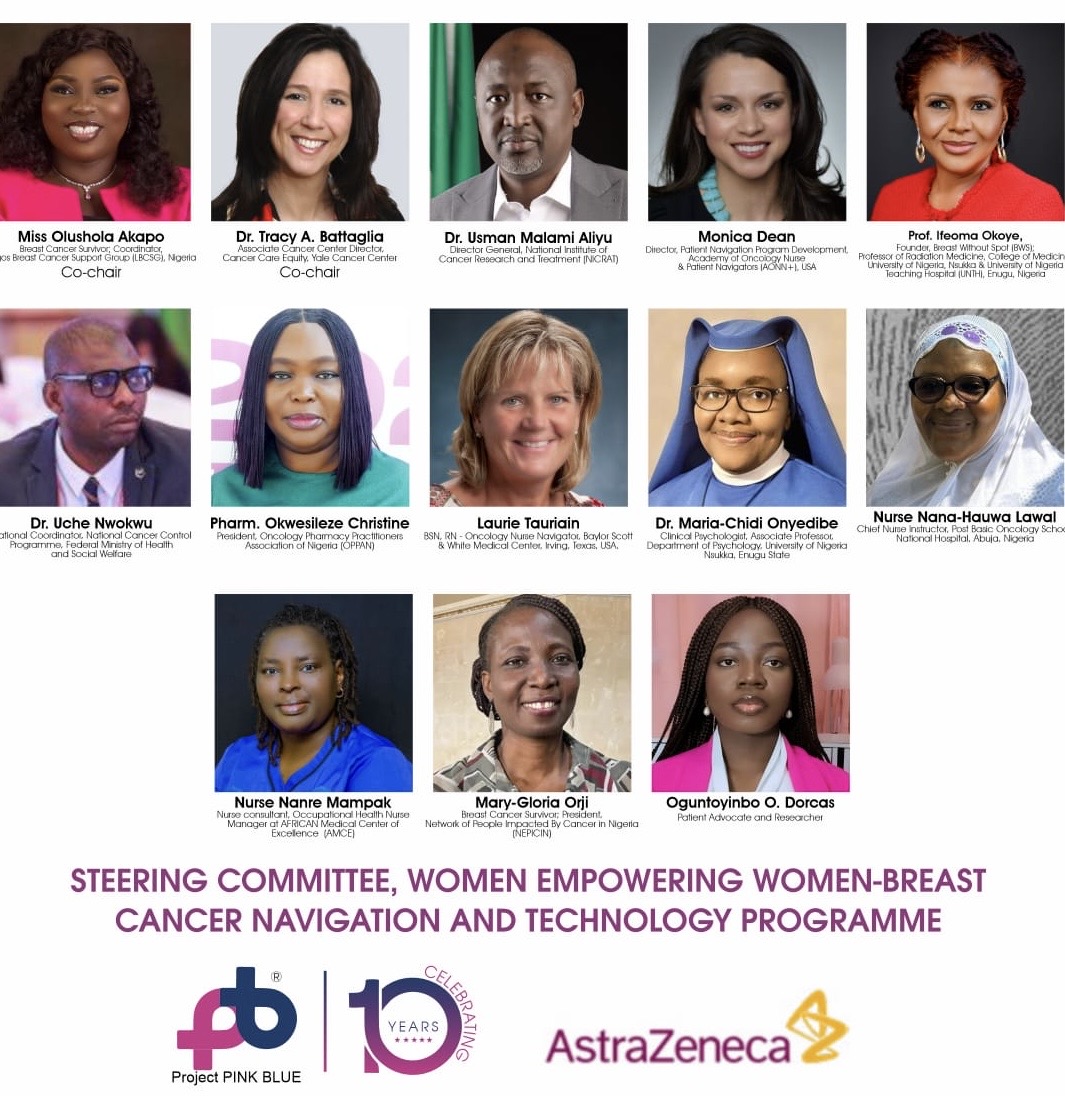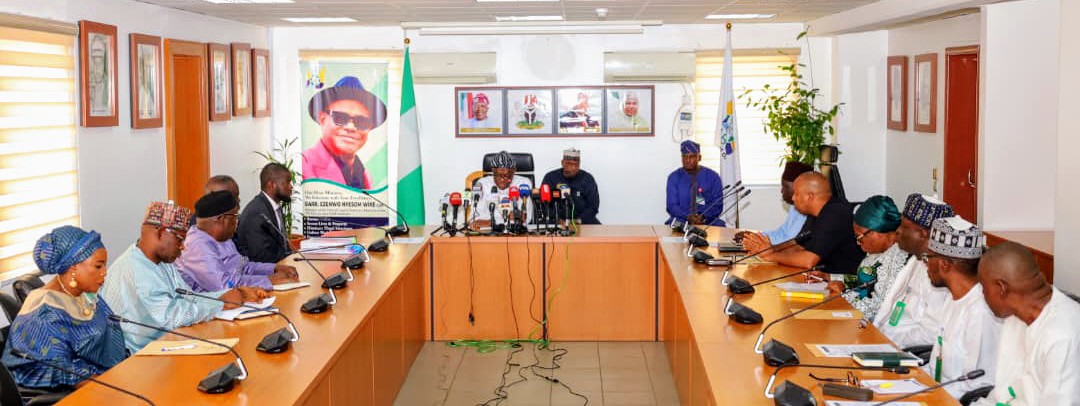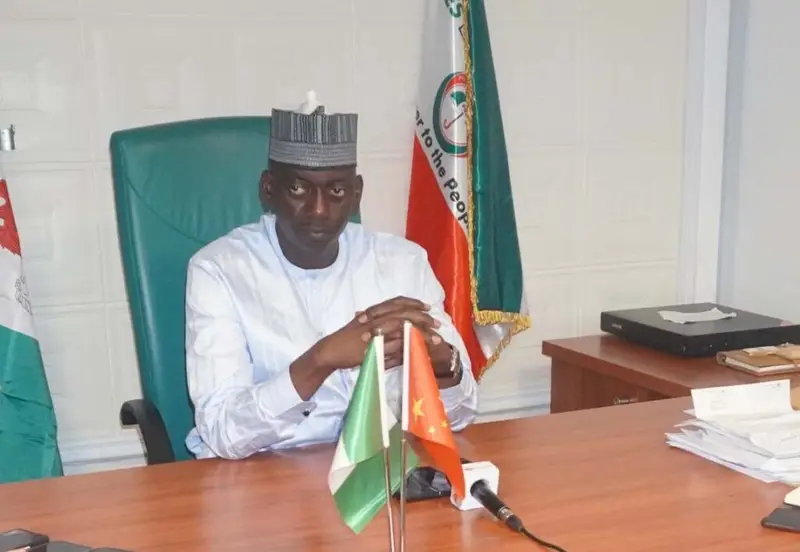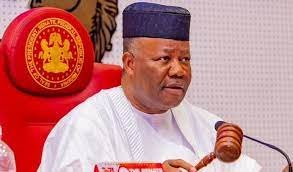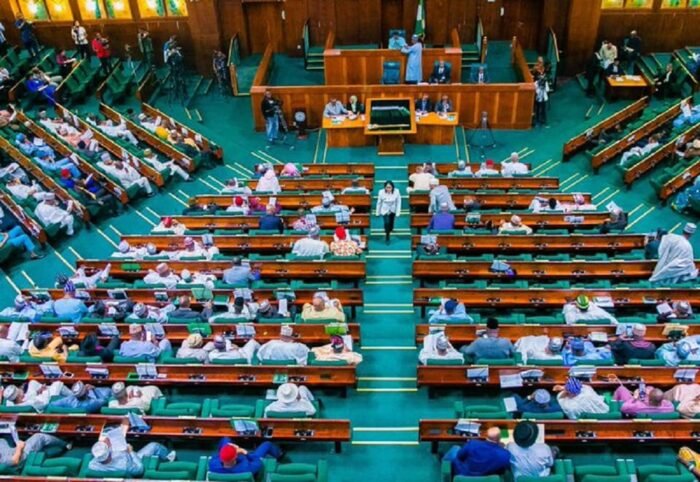NTI hosts maiden National Education Quality Assurance Policy Committee meeting
By Hussaina Yakubu
The maiden edition of the National Education Quality Assurance Policy Committee meeting is currently underway at the National Teachers’ Institute (NTI), Kaduna.
The meeting organised by the Federal Education Quality Assurance Service Department of the Federal Ministry of Education, billed to hold from Sept. 2 to 4.
The theme of the meeting is: “Improving Education Quality Assurance Policies, Processes, and Practices in Nigeria.”
The Minister of Education, Mr Tunji Alausa, who inaugurated the meeting on Wednesday in Kaduna, described it as timely and paramount.
Alausa was represented by Abel Enitan and Ayodele Samson, Permanent Secretary in the ministry, and Director/Coordinating Evaluator, Federal Education Quality Assurance, Kaduna State Office, respectively.
He emphasised that it’s time to move beyond merely ensuring access to education and focus on the quality of education.
The minister said the committee was conceived not as another bureaucratic framework, rather a strategic intervention to reposition Education Quality Assurance, as the cornerstone of Nigeria’s national educational agenda.
“We are here to review, refine, and revitalise the policies, processes, and practices that govern how we ensure quality at the basic and secondary levels of education,” he said.
He said the focus in the future must be on harmonising regulations and standards across the education sector.
According to Alausa, this is to strengthen monitoring and evaluation mechanisms, as well as planning to leverage technology for real-time data collection and analysis.
This, he said, would ensure inclusiveness and accessibility of quality assurance to basic and secondary education institutions, especially in underserved areas.
Also, Adegboye Adekunle, Director, Federal Education Quality Assurance Service Department, said the establishment of the committee marked the culmination of an extensive peer review, stakeholder engagement, and robust deliberations.
He said the exercise aimed at addressing the foundational pillars of Nigeria’s educational system, and identified disparities in learning outcomes as some of the challenges in the sector.
The director stressed the need for curriculum modernisation, teacher quality and welfare, infrastructure deficits.
Adekunle highlighted the urgent need to align education with 21st-century skills such as critical thinking, creativity and digital literacy.
He said the meeting would provide strategic direction, oversight, and technical leadership in the formulation, implementation, and monitoring of a comprehensive quality assurance framework for all levels of education in Nigeria.
”Together, let us build an education system that we can all be proud of-one that nurtures talent, fosters innovation, and drives national transformation.”
Also, Prof. Sadiya Sani-Daura, Director/Chief Executive Officer, NTI, said the deliberations would yield valuable insights and strategies to strengthen the country’s quality assurance framework.
Highlights of the event featured paper presentations by resource persons and technical sessions.
The meeting is being attended by representatives of the FCDO/PLANE, Quality Assurance Directors from various states, and other stakeholders. (NAN) (www.nannews.ng)
Edited by Bashir Rabe Mani




